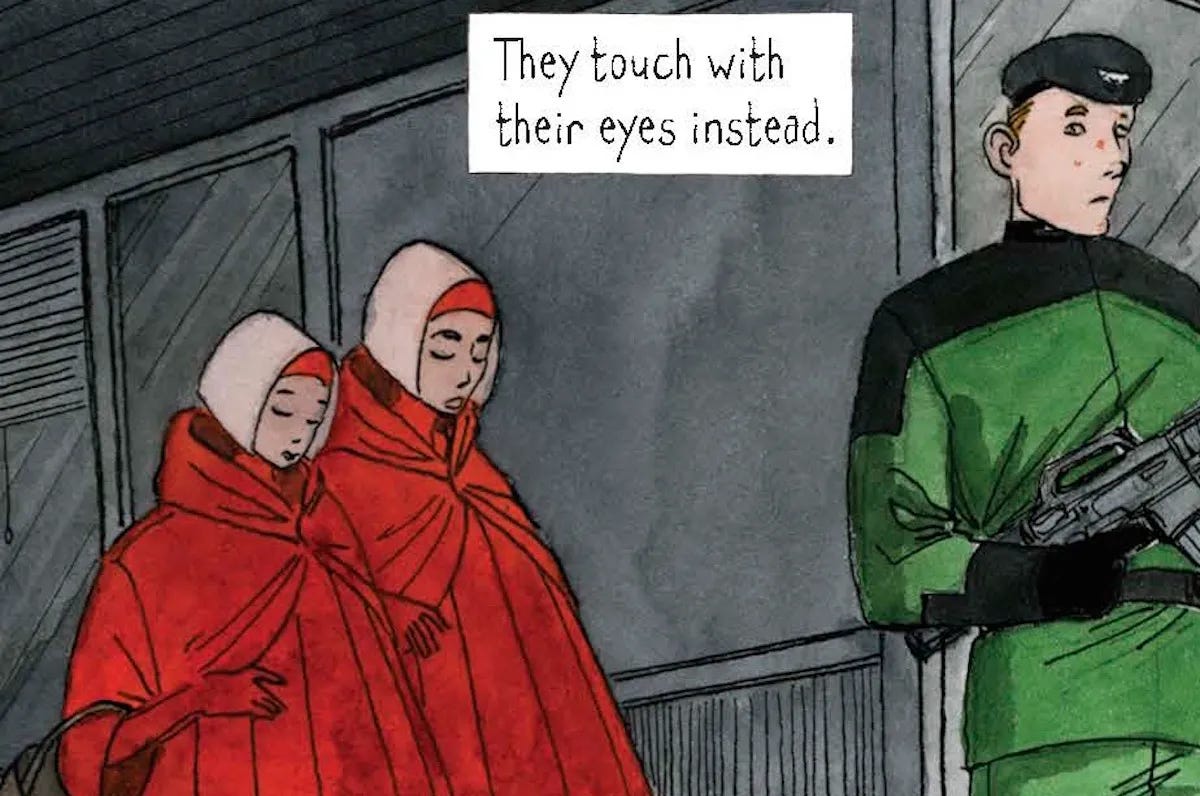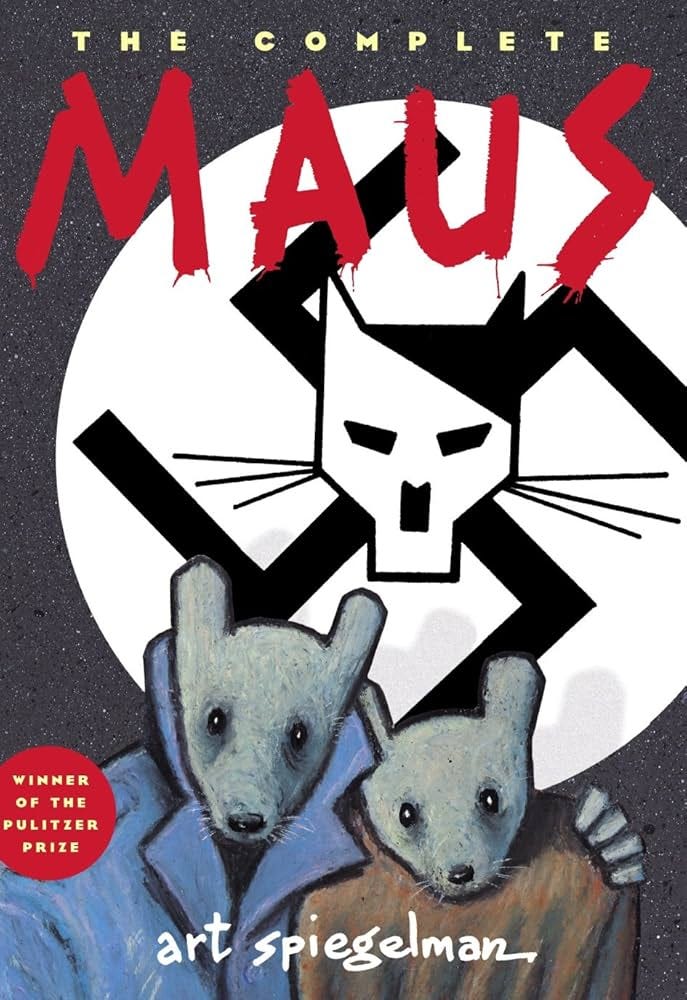Talking texts with teachers #10
"I believe most texts can provide a valuable basis for study if a teacher approaches them in the right way. Conversely, I would suggest that even the most amazing text can be ruined by bad teaching."
Dr. Luke C Jackson has taught English/Literature in Victoria for the last twenty years. He is also the author of several YA novels, video games, a children’s book, and three graphic novels, including Two-Week Wait and The Brownout Murders, both of which he co-wrote with his wife Kelly. They were released by Scribe Publications in 2021 and 2025 respectively. Having undertaken postgraduate study in Education and Creative Arts, his research has focused on the construction and educational potential of multimodal texts, including comics and games.
What is the best text you've ever taught, and why?
When I hear the term ‘best text’, I involuntarily wince, as I imagine being forced to scour awards lists in search of a text that is sufficiently ‘worthy’ of study. I’ve never been one for thinking of texts (or text types) in a hierarchical manner. I tend to think of a great text as one that can support several readings/viewings and allow for many plausible interpretations. I also love to see a text’s author/s embrace, and challenge, the form. Just a couple of stand-out examples are Joseph Conrad’s Heart of Darkness and F. Scott Fitzgerald’s The Great Gatsby.
However, the best text I have taught, which has coincidentally won the biggest Literary award of them all, the Pulitzer Prize, I would choose Maus by Art Spiegelman. Originally serialised from 1980 to 1991, the two parts of Maus were collected as a graphic novel in 1991 and won the literary world’s highest honour the year after. In case you’ve never heard of it, this graphic novel tells the story of Art Spiegelman (depicted as a mouse—hence the name) and his relationship with his father, a holocaust survivor. It is a story about intergenerational trauma and the importance of story. An emotional read, it demonstrates the incredible versatility of the comics medium in exploring complex and controversial subjects.
What is the worst?
I’d like to reinterpret this question slightly, so you’ll have to bear with me for a moment. As I alluded to in my previous answer, I believe most texts can provide a valuable basis for study if a teacher approaches them in the right way. Conversely, I would suggest that even the most amazing text can be ruined by bad teaching. I will give you an example of where I was guilty of the latter. The text in question was To Kill a Mockingbird, a staple of English classrooms for decades, and one that I’ve taught—successfully, for the most part—on many occasions in the years after this debacle.
The first time I ever taught Mockingbird, I had just arrived at a school as a last-minute replacement for another staff member. Having only recently graduated, I was short on resources, and was handed a standard ‘pack’ of teaching resources by the head of English that I could use as the basis for my classes. I proceeded to guide my Year 10 English class through reading this classic of American literature by forcing them to answer more than a hundred comprehension questions, each of which required them to perform only a rudimentary analysis, such as listing characters and placing plot points in order, which seemed to have been designed just to check that the students had read the book.
After forcing my students to labour through these set questions and seeing their initial enthusiasm for the text turn into resentment, I vowed never to take this sort of approach again. Instead, I promised myself that I would favour (relatively) open-ended discussion, even when I didn’t know the ‘right’ answer, and to follow the students’ interests when analysing texts. These have turned out to be far more enjoyable and successful strategies, ones that keep me and my students on our toes.
Was there a book that you studied in school that left an impression (good or bad)?
I can’t think of a specific book I studied that left an enormous impression on me. Certainly I remember studying Tess of the D’Urbervilles, some amazing short stories by Elizabeth Jolley, and many of Shakespeare’s plays, but none of them stands above the others in my memory. However, I can think of a book (or books) that made a big impression on me during my primary school years.
Keep reading with a 7-day free trial
Subscribe to I Read A Lot to keep reading this post and get 7 days of free access to the full post archives.





